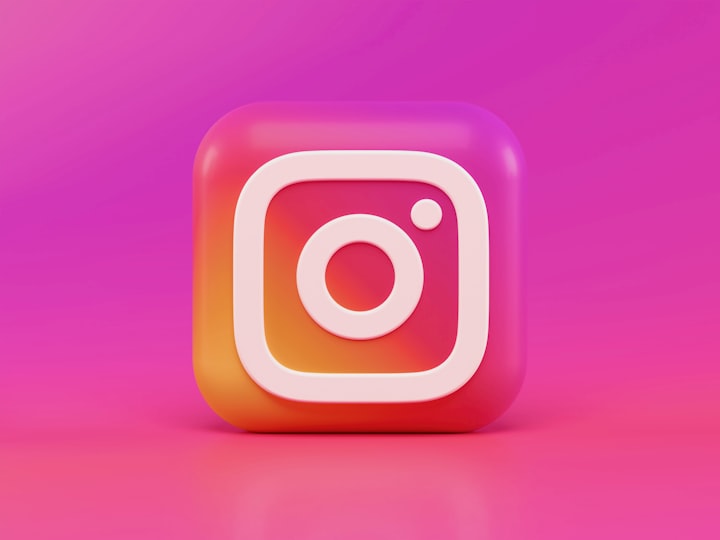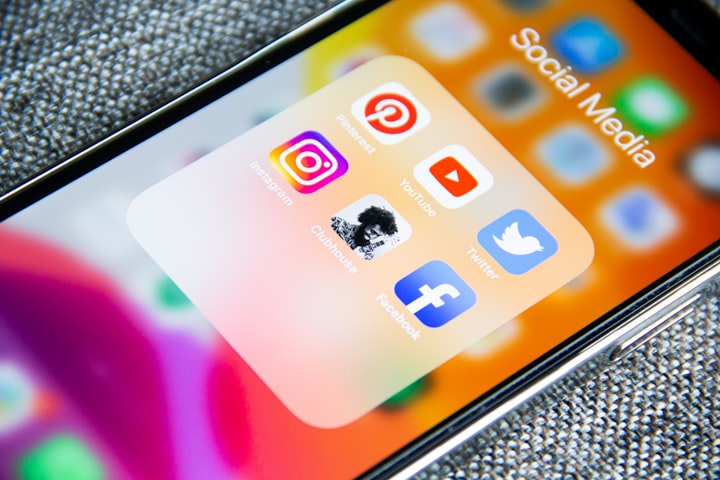Unfriending the Blues: Can Social Media Help Mental Health?
Exploring the Digital Frontier of Happiness and Healing

At a Glance
Social media has the power to both help and harm mental health, depending on how it is used.
Platforms like Instagram offer a sense of connection and support, while also fostering unrealistic comparisons and anxiety.
Engaging with mental health communities on social media can provide valuable resources and a sense of belonging.
Set healthy boundaries and seek professional help when needed to maintain a positive relationship with social media.
Once upon a digital time, in the vast expanse of the internet, a question arose: Can social media come to the rescue of mental health? With its endless feeds full of memes, inspirational quotes, and cat videos, could platforms like Facebook, Twitter, and Instagram be the digital heroes we never knew we needed?
As we navigate the ever-evolving landscape of social media, it's essential to consider both the humorous and dramatic impacts it can have on our mental well-being. Let's dive into this virtual world filled with likes, shares, and the occasional existential crisis, to unravel the potential wonders and woes of social media on mental health.
Scrolling for Support: The Bright Side of Social Media
Picture this: you've had a long day battling the dragons of life, and you come home to find solace in your favorite social media platform. As you scroll through your timeline, you stumble upon a post from a mental health advocate sharing coping strategies for anxiety. Suddenly, you feel a glimmer of hope.
Social media can be a beacon of light for those seeking support and solidarity in their mental health journey. Platforms offer a space for individuals to share their experiences, struggles, and triumphs, fostering a sense of community and understanding. Whether it's joining a Facebook group dedicated to mental health awareness or following Instagram accounts that promote self-care, social media can connect us with resources and like-minded individuals who remind us that we're not alone.
Moreover, social media provides a platform for mental health professionals and organizations to disseminate valuable information and resources to a wide audience. From mindfulness tips to online therapy services, the digital realm offers a wealth of knowledge that can empower individuals to take control of their mental well-being.
The Dark Side of the Selfie: Navigating Social Media Pitfalls
While social media can be a source of support and empowerment, it also has a dark side lurking beneath the surface. Cue the dramatic music, for here lies the land of comparison, validation-seeking, and FOMO (Fear of Missing Out).
Platforms like Instagram, with its highlight reels of polished perfection, can fuel feelings of inadequacy and self-doubt as we compare our messy, real lives to the curated images of others. The pressure to present an idealized version of ourselves online can lead to a cycle of seeking external validation and approval, which ultimately takes a toll on our mental health.
Furthermore, the endless scroll of social media feeds can become a minefield of triggers, from triggering content to cyberbullying and online harassment. It's easy to get swept up in the drama of online conflicts and negative comments, further exacerbating feelings of anxiety and depression.
Finding the Balance: Nurturing a Healthy Relationship with Social Media
So, how do we navigate the complex terrain of social media while safeguarding our mental well-being? It's all about finding the balance between engaging with platforms and setting healthy boundaries to maintain a positive relationship with them.
Start by curating your social media feed to include content that uplifts and inspires you, while muting or unfollowing accounts that trigger negative emotions. Limit your screen time and take regular breaks from social media to prioritize real-life connections and activities that bring you joy.
Remember that social media is just one tool in your mental health toolbox, not a one-stop solution. Don't hesitate to seek professional help if you're struggling with your mental health, as therapists and support groups can offer personalized guidance and support that goes beyond the digital realm.
As we bid adieu to this digital tale of social media and mental health, let's approach the virtual world with a sense of humor and drama, embracing its potential for connection and growth while navigating its pitfalls with resilience and self-awareness. With a mindful scroll and a sprinkle of self-love, we can harness the power of social media to unfriend the blues and cultivate a brighter, healthier digital landscape for all.
About the Creator
Claudie Delafosse
📰Hi, I'm Claudie and I write about phones, tech, fashion and more. My work has been featured in Mashable, CNET, Gadgette and more! I live in London 🇬🇧 and I love to travel 🌎






Comments
There are no comments for this story
Be the first to respond and start the conversation.